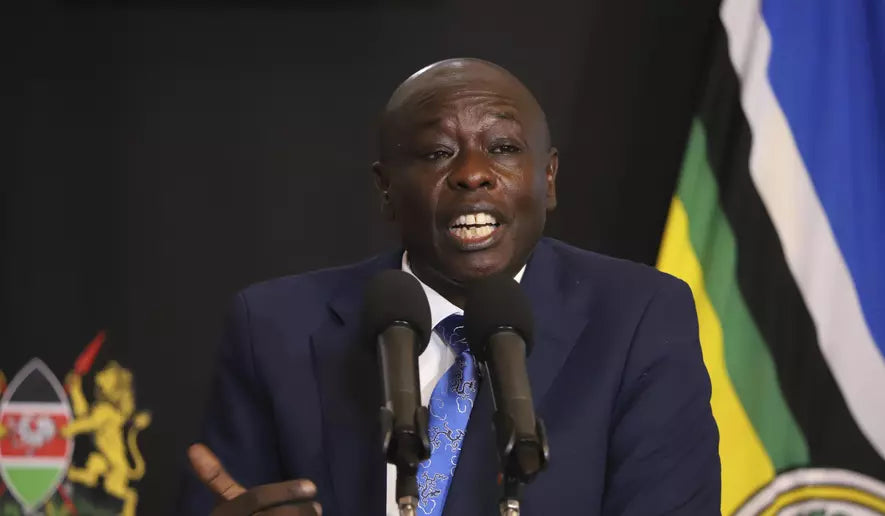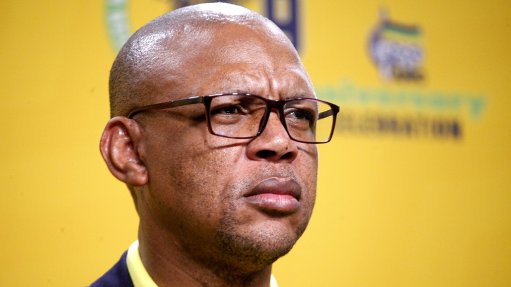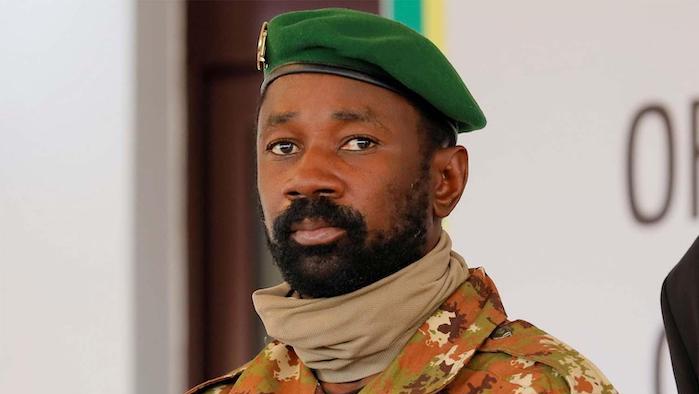
Impeachment of Kenyan Vice President Gachagua: A tumultuous trial before a decisive vote
Kenya’s Vice President Rigathi Gachagua faces an impeachment vote amid accusations of corruption and ethnic division. Absent from his defense due to hospitalization, his political future is uncertain. As parliament considers 11 charges, allegations of financial misconduct and abuse of power threaten his job. There is palpable tension as he and President Ruto are now in open opposition.
A vice president weakened by accusations
Rigathi Gachagua, once President William Ruto’s right-hand man, is now facing an unprecedented political storm in Kenya. Just two years after their election, their alliance appears to be in tatters. The feud between the two men, fueled by differences over sensitive issues such as tax hikes and mass protests, quickly escalated into a personal conflict that is now leading to impeachment proceedings.
The seriousness of the charges against Gachagua is undeniable: corruption, incitement to ethnic hatred and constitutional violations are at the heart of the 11 counts. The fact that he is hospitalized, while the Senate awaits his defense, adds to the uncertainty of his political fate. Gachagua was scheduled to testify in his own defense, but his absence could speed up the proceedings, especially since the process cannot be extended beyond Friday.
His lawyer, Paul Muite, said his health condition prevented him from appearing in court, leading the Speaker of Parliament, Amason Kingi, to adjourn the session until 5pm. However, Kingi reiterated that this case is a "procedure with deadlines", and that the trial could well continue without the presence of the deputy speaker.
Accusations and defense strategy
Gachagua is accused of illegally acquiring assets worth 5.2 billion Kenyan shillings, or about $40 million. Prosecutors say the assets were obtained through corrupt means, an allegation Gachagua categorically denies. He has argued that most of the properties came from his late brother's inheritance, a defense his lawyers say is plausible in the face of what they call "ridiculous and embarrassing" accusations.
During the testimony, the Senate heard from several witnesses, including Andrew Mulwa, a former head of the Kenya Medical Supplies Agency. He claimed to have received an intimidating call from Gachagua about a cancelled contract, adding to the list of allegations. In addition, allegations of conflicts of interest and gifts of cattle to Gachagua were also discussed.
Despite the seriousness of the charges, some political observers say impeachment may not be as simple as it seems. Gachagua’s lawyers are seeking to discredit the evidence and push the charges on technical grounds. Other key players, such as Mwengi Mutuse, the lawmaker who initiated the impeachment motion, have been put through the wringer during cross-examination, struggling to make their case.
The future of Gachagua in suspense
As the Senate prepares to vote, a two-thirds majority is needed to remove Gachagua. Although the majority of the National Assembly supported his impeachment, the vice president still hopes to have enough support to block the vote.
Meanwhile, speculation about his potential successors is rife. Among the names mentioned, governors Irungu Kang'ata and Anne Waiguru, as well as ministers Kithure Kindiki and Musalia Mudavadi, are often mentioned.
Rigathi Gachagua's fate therefore seems to be hanging by a thread. If the impeachment is validated, it will be a blow not only to his political career, but also to the dynamics within the Ruto government, which may have to rely on opposition figures to fill the voids created by this defection.



Leave a comment
This site is protected by hCaptcha and the hCaptcha Privacy Policy and Terms of Service apply.